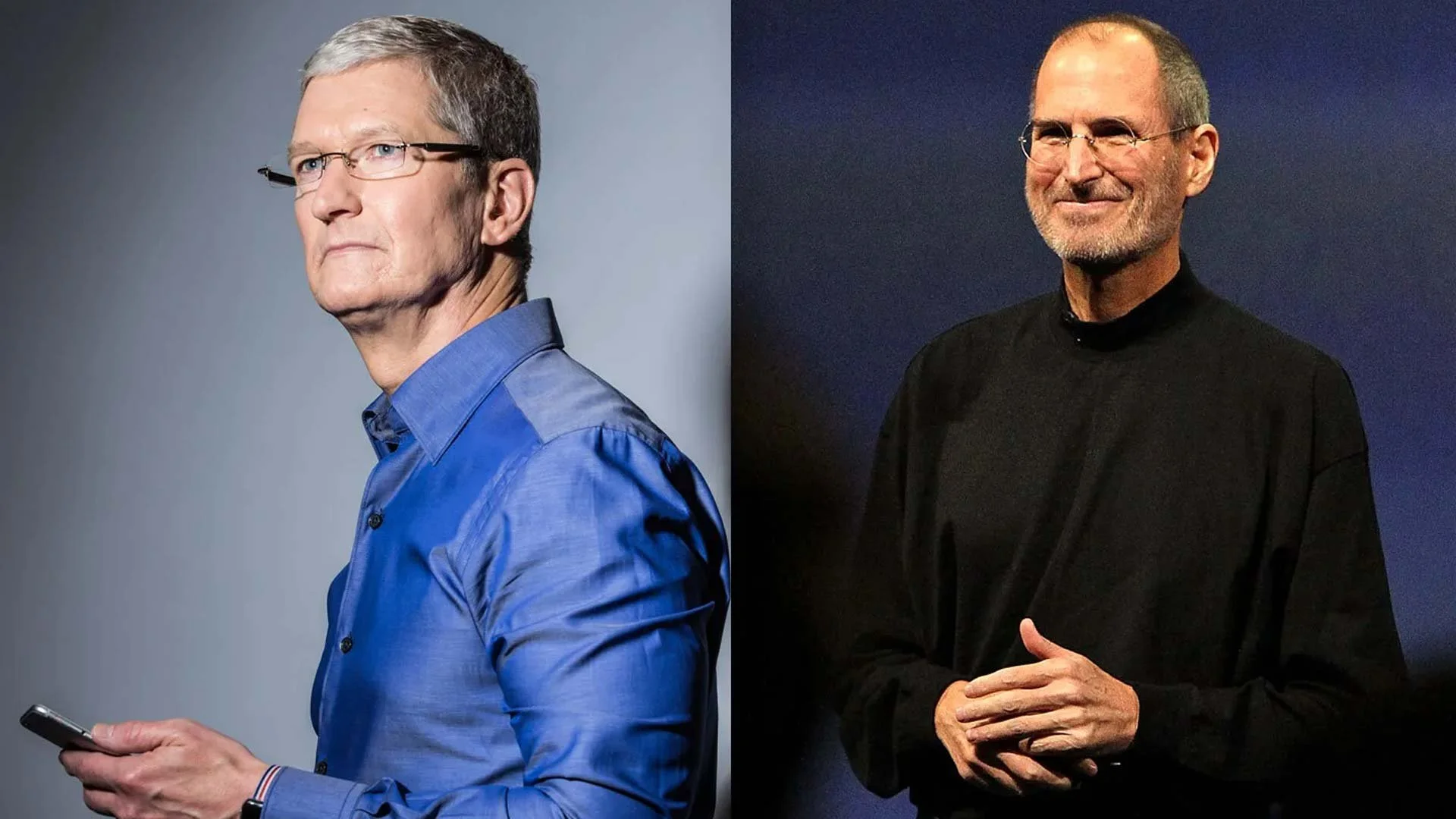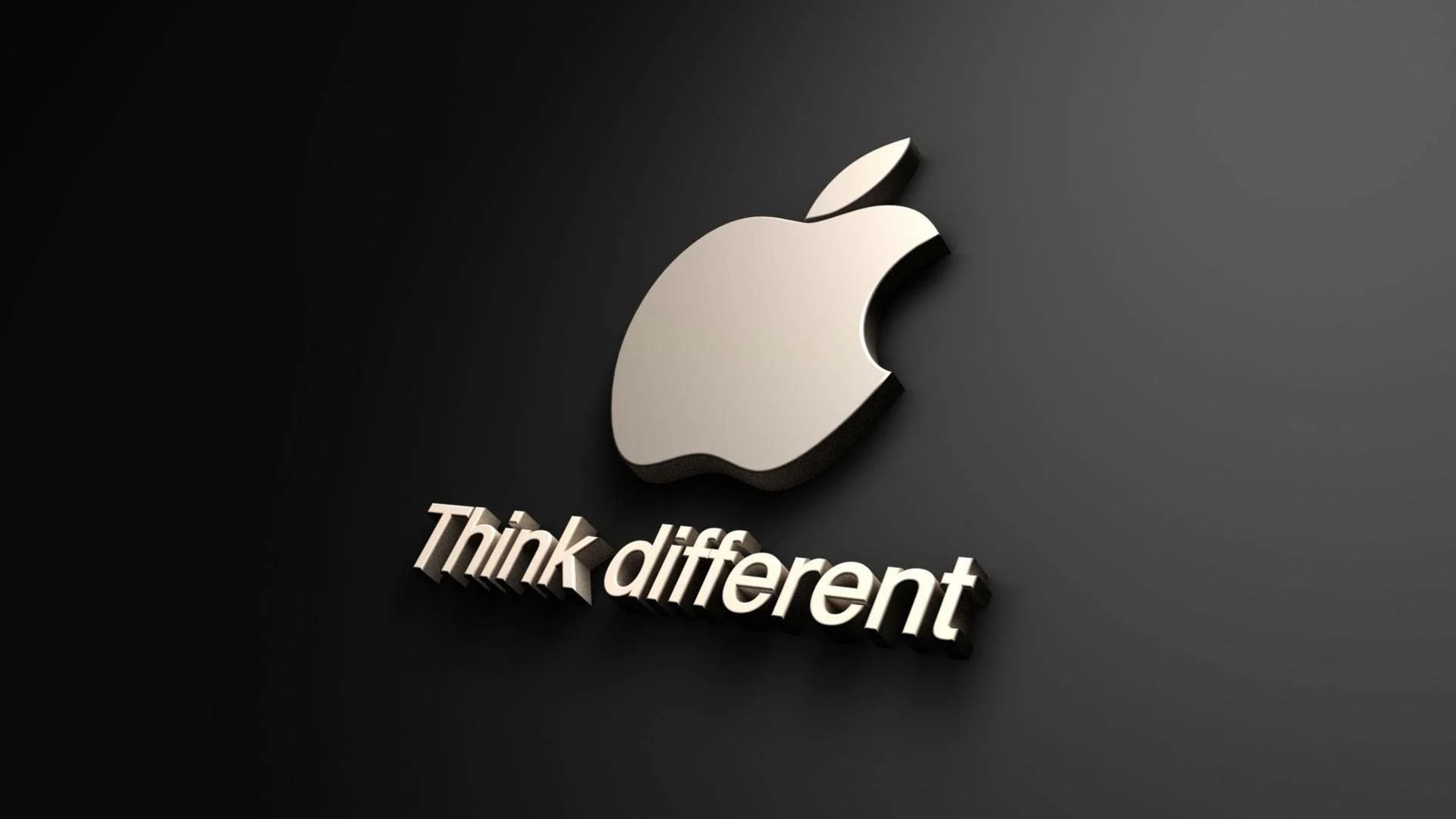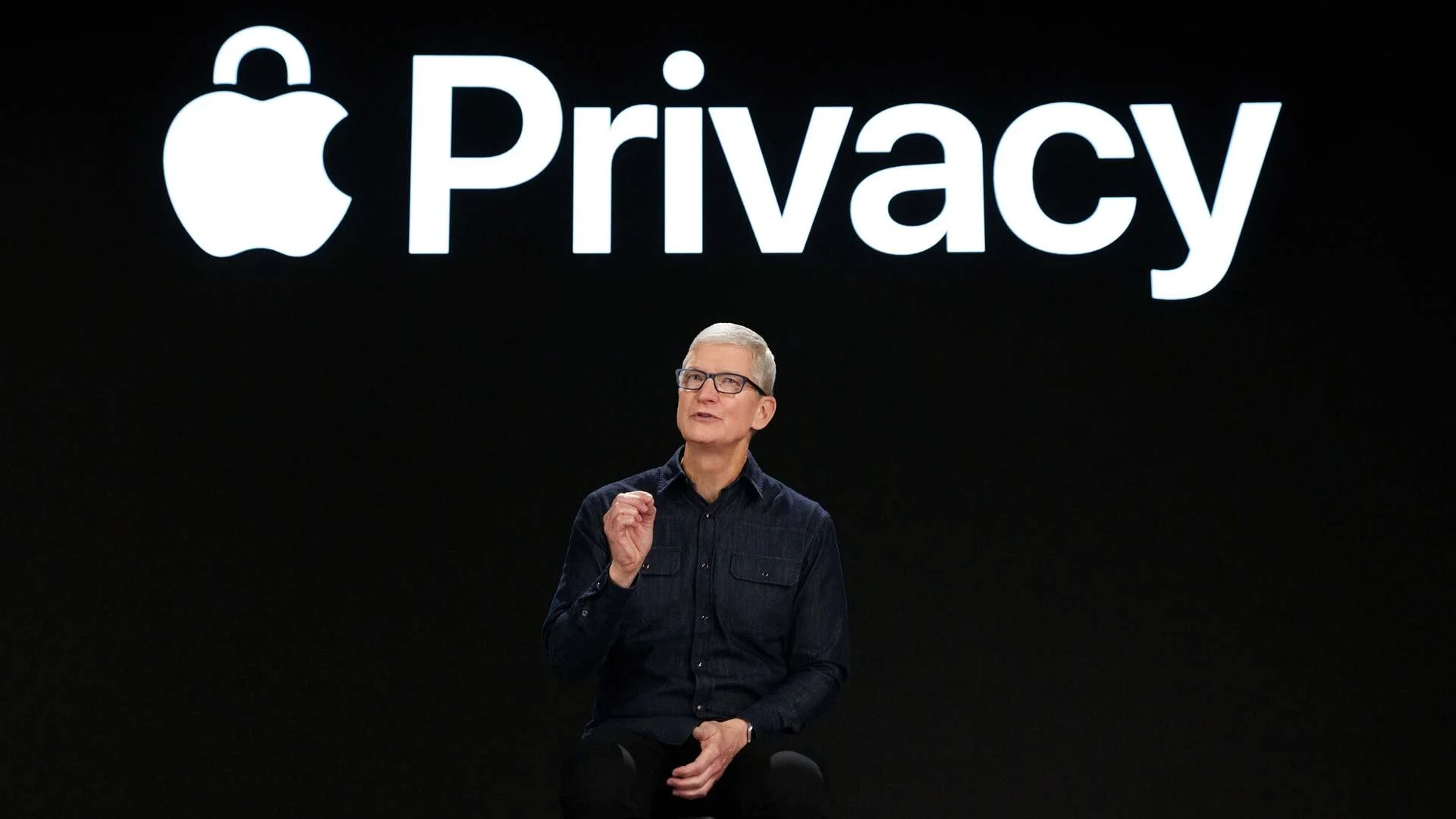How Did Apple Become a Trillion-Dollar Company?
Apple's journey to becoming a trillion-dollar company is a remarkable story of innovation, strategic vision, and market leadership. Here’s an overview of how Apple achieved this milestone:
Visionary Leadership
Steve Jobs' Return (1997): When Steve Jobs returned to Apple in 1997, the company was struggling. His leadership and vision were critical in turning the company around. He focused on innovation, simplicity, and design excellence.
Tim Cook's Operational Expertise: After Jobs' passing, Tim Cook took over as CEO. Cook's operational expertise, especially in supply chain management, helped Apple scale efficiently and maintain high-profit margins.
Innovation in Product Design
iPod (2001): The iPod revolutionised the music industry, making Apple a leader in consumer electronics. It was one of the first steps in Apple's transformation from a computer company to a broader technology company.
iPhone (2007): The launch of the iPhone was a game-changer. It redefined the smartphone market and became Apple's flagship product, contributing significantly to its revenue and brand identity.
iPad (2010): The iPad created a new market category, solidifying Apple’s reputation for innovation.
Mac Lineup and Other Devices: Continued innovation in its Mac lineup and the introduction of products like the Apple Watch and AirPods have kept Apple at the forefront of consumer technology.
Ecosystem and Software Integration
iOS and App Store: The introduction of the App Store in 2008 allowed third-party developers to create apps, leading to a vast ecosystem that locked users into Apple’s products. This ecosystem makes it difficult for customers to switch to other platforms.
iCloud and Services: Apple has expanded its ecosystem with services like iCloud, Apple Music, Apple Pay, and more recently, Apple TV+ and Fitness+. These services provide recurring revenue and deepen customer engagement.
Global Market Expansion
International Growth: Apple aggressively expanded into international markets, particularly in China and other emerging markets. This global reach contributed significantly to its revenue growth.
Retail Strategy: Apple’s retail stores, both physical and online, have been key in enhancing the customer experience and brand loyalty. The Apple Store has become synonymous with high-end, premium experiences.
Strong Financial Management
High-Profit Margins: Apple’s focus on premium pricing and cost management has led to high profit margins. Despite premium pricing, Apple's products have maintained high demand due to their perceived value.
Stock Buybacks and Dividends: Apple has effectively managed its capital, including stock buybacks and dividends, which have boosted investor confidence and the stock price.
Brand Power and Loyalty
Marketing and Brand Loyalty: Apple has created one of the most powerful brands in the world, known for its innovation, quality, and design. The brand’s loyal customer base is willing to pay a premium for its products, ensuring continued revenue growth.
Strategic Acquisitions
Key Acquisitions: Apple has made strategic acquisitions to bolster its technology portfolio, such as acquiring NeXT (which brought Steve Jobs back to Apple), P.A. Semi (enhancing chip design capabilities), Beats Electronics (expanding into audio products), and others related to AI, augmented reality, and more.
Focus on Privacy and Security
Consumer Trust: Apple has positioned itself as a company that values user privacy and security, which has become increasingly important to consumers. This focus has helped differentiate Apple from its competitors and maintain customer trust.
Leveraging Its Supply Chain
Efficient Supply Chain: Apple's ability to manage one of the most complex supply chains in the world has been crucial. This allows Apple to produce high-quality products at scale while maintaining tight control over costs.
Continual Product Improvement
Incremental Upgrades: Apple’s strategy of continuous improvement is to release regular updates to its products, keep the brand relevant, and maintain consumer interest.
Reaching the Trillion-Dollar Milestone
Apple reached a trillion-dollar market capitalization in August 2018, becoming the first publicly traded U.S. company to do so. This was a result of decades of consistent growth, innovation, and strategic management. Since then, Apple has continued to grow, reaching new heights and becoming one of the most valuable companies in the world.
Apple's success is a combination of visionary leadership, relentless innovation, and an ability to create a loyal customer base that continues to drive demand for its products and services.






